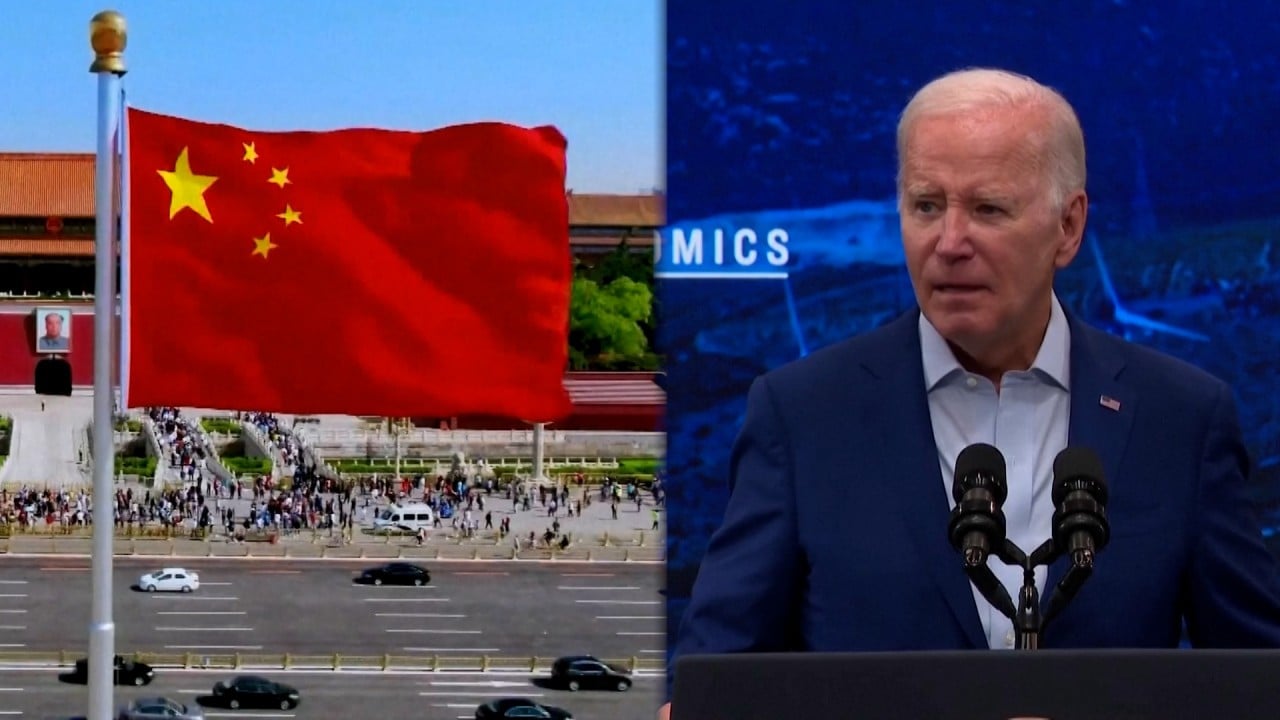
How businesses still upbeat on Asia can adapt to uncertainty as the new normal
- China’s growth trajectory, the impact of global economic conditions, geopolitical tensions and ambiguity on the energy transition are all risks
- But businesses can prepare by boosting in-house intelligence and diversity – both in recruitment and operations
Businesses like certainty. So why are they bullish on the business environment in Asia, as a new survey has found, even as uncertainty is on the rise?
In a world of overlapping crises, uncertainty has become the new normal, forcing business leaders to put adaptability at the core of their strategy. Increasingly, executives must think about how to stay relevant in a rapidly changing environment and use diversity to their advantage to build more resilient and adaptable businesses.
The International Monetary Fund’s World Uncertainty Index, updated to the second quarter this year, indicated that global uncertainty has reached its highest level since the first quarter of 2020 – when Covid-19 was first declared a global pandemic. The index tracks the frequency of the word “uncertainty” in country reports produced by the Economist Intelligence Unit.
Big jumps in uncertainty often predict a decline in gross domestic product, because they mean it is riskier to commit to long-term plans, such as investing in factories or employing new workers.
Still, business leaders in Asia are relatively optimistic, according to the coming results of a survey of CEOs and chairmen by the Asia Business Council. Almost half of those polled expect conditions to improve over the coming year, up from just one-quarter last year – even though anecdotally, they point to more downside than upside risks.
Those polled also point to plans to invest and employ more over the next 12 months than they did last year. That suggests that uncertainty is becoming the new normal.
Yet prices in Asian economies have not risen as much as in the West, and many of the region’s economies have taken a more conservative approach to tackling inflation while sparing GDP. Developing Asian economies also benefit from having a younger population and, thanks to their experience with technological leapfrogging, are resilient and adaptable.
How should businesses respond to greater uncertainty? A solution for many multinationals is to devote more resources to in-house intelligence analysis. A function traditionally outsourced to consultants, dedicated staff in areas such as geopolitical risk analysis have the best chance of understanding a company’s vulnerabilities and how to work within the organisational structure.
With female representation in management and on boards lagging across the globe, leaders who report having concrete diversity initiatives are most focused on gender diversity goals, according to our recent survey. Studies show that diversity fosters the generation of creative ideas, and that helps teams adapt more quickly to unforeseen events.
Other dimensions of diversity are becoming more important too as CEOs take stock of new challenges. For example, as leaders of companies face increasing geopolitical risk and, in some cases, diversify their operations to new locations, Asian multinationals need more geographic diversity in their leadership.
The concept of economic security – understood as the need to build resilient supply chains and infrastructure while also securing the rules-based economic order against non-market policies – is changing the profit calculations of some projects. That has created fresh urgency for a diverse leadership team that understands how different governments think about economic security, and the political economic imperatives they are facing.
Leadership teams need people who understand not just economics but also how economic security is understood by the governments in the regions where they operate. Creating a culture of recruiting for diverse skill sets and geographical experiences, rather than overemphasising language and cultural fit in the home economy, can help to create a pipeline of leaders with this element of diversity.
Done right, that will facilitate another business imperative, diversification. Businesses with operations varied across geographies and business lines will be most able to weather disruptions. That includes arguably the biggest disruption: the energy transition.
When clear government road maps are lacking, businesses should set their own targets, influence others in their sector to do the same and, where relevant, invest in a diversified portfolio of future energy technologies. Uncertainty might be permanently heightened, but companies that are prepared can leverage it to their advantage.
Colleen K. Howe is a programme associate at the Asia Business Council




